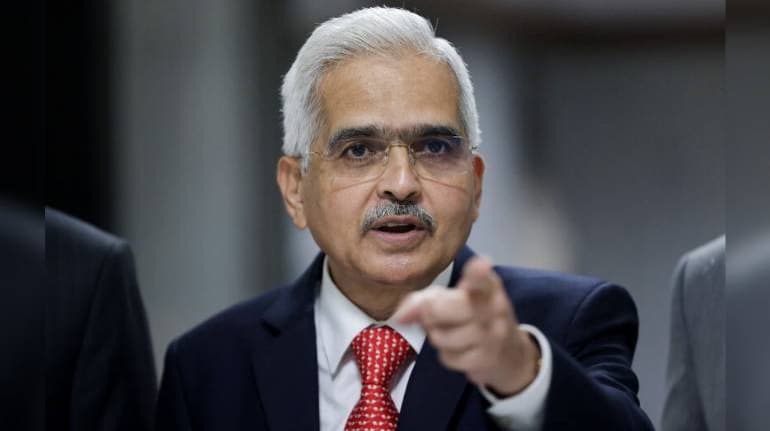



Reserve Bank of India (RBI) governor Shaktikanta Das on December 7 sought to clarify the key differences between the Central Bank Digital Currency (CBDC) and Unified Payments Interface (UPI), saying e-rupee transactions will not have any intermediary, unlike UPI transactions.
CBDC, or e-rupee, is the equivalent of fiat currency in digital form, while UPI is a platform to facilitate banking transactions.
The comments from Das, who was speaking to media at the post monetary-presser, assume significance in the backdrop of the debate over the difference between CBDC and UPI. The RBI launched the retail CBDC, or e₹-R, pilot on December 1 after doing the same for wholesale customers as the first step towards scaling up the usage.
There have been questions if customers would go for e₹-R, with UPI emerging as a popular digital payments method.
What is the key difference?"Any UPI transaction involves the intermediation of the bank. So, when I use a UPI app, my bank account gets debited and money gets transferred to the recipient's bank. In paper currency, you can draw Rs 1,000 from the bank, keep it in your wallet and spend it at a shop," Das said.
“Similarly in CBDC, you will draw the digital currency and keep it in your wallet in your mobile. When you make a payment at a shop or to another individual, it will move from your wallet to their wallet. There is no routing or intermediation of the bank," Das said.
Deputy governor T Rabi Sankar added that CBDC can enable the movement of money directly between two private entities, individuals or businesses, similar to cash. While in UPI, the movement is only between two bank accounts.
"Plus, its (CBDC's) use cases can be many more. Money has various functions, it can do all those functions. It all depends on how much our startup and fintech ecosystem innovates and what kind of payment channels it opens up. We will set up the base system and then the private sector can innovate," Sankar said.
Multiple payments industry experts have pointed out that in the future, CBDC may remain the only form of free payments in a scenario of UPI transactions, which are free so far, being charged.
Also read: RBI retains its consumer price inflation forecast at 6.7% for FY23Anonymity in e-rupee transactionsDas also sort to address concerns about the possible fallout of lack of anonymity in CBDC transactions.
"When you pay in currency notes to another person, no one can find out because that information is not available to the bank. Even in the case of CBDC, you cannot find out because the information is not available to the bank. It goes from my mobile to another mobile. So, why should we create a fear psychosis," the governor said.
Also read: RBI lowers GDP growth forecast for FY23 to 6.8% from 7%Das said in the eyes of law, there is no difference between paper currency and digital currency. Income tax rules of physical cash, for instance, would apply to CBDC, he said.
"It is also possible to get a legal provision to ensure anonymity although what exactly will happen will depend on how things evolve but anonymity is a basic feature of currency and we'll have to ensure that," Sankar added.
Also read: Another rate hike on the cards in February?While announcing the retail CBDC pilot, the RBI had said that the implementation would be done in phases in partnership with a few banks and in some cities and later scaled up.
The pilot is being implemented among a small group of customers and merchants, starting with the four cities of Mumbai, New Delhi, Bengaluru and Bhubaneswar.
In the next phase, it would be extended to Ahmedabad, Gangtok, Guwahati, Hyderabad, Indore, Kochi, Lucknow, Patna and Shimla, it said.
State Bank of India, ICICI Bank, Yes Bank and IDFC First are the part of the pilot. Four more—Bank of Baroda, Union Bank of India, HDFC Bank and Kotak Mahindra Bank—would join subsequently, the RBI said.
Discover the latest Business News, Sensex, and Nifty updates. Obtain Personal Finance insights, tax queries, and expert opinions on Moneycontrol or download the Moneycontrol App to stay updated!
Find the best of Al News in one place, specially curated for you every weekend.
Stay on top of the latest tech trends and biggest startup news.